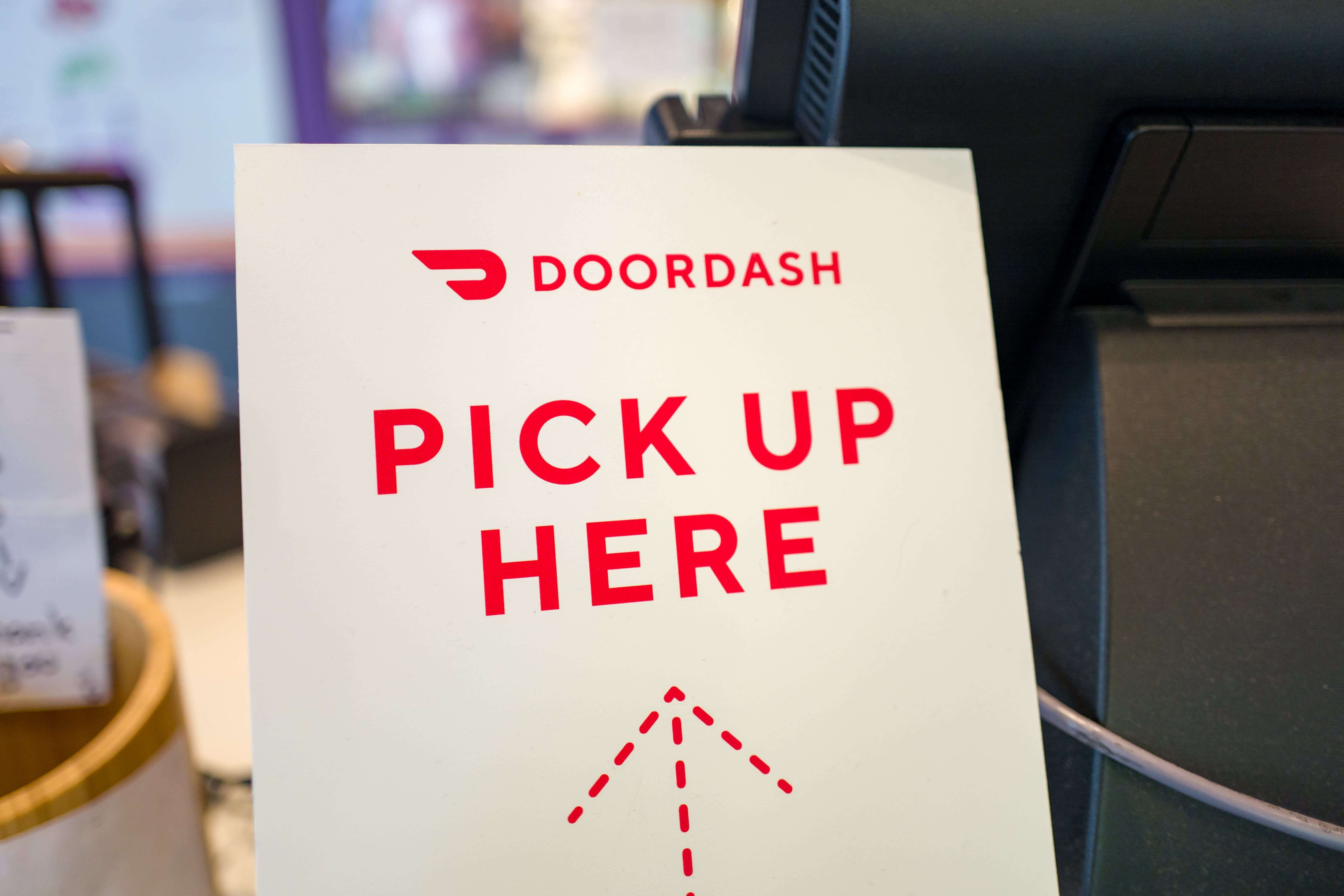This post was originally published on this site

CNBC’s Jim Cramer said Wednesday he believes there is “rabid money” interested in upcoming technology IPOs, but he urged younger investors not to chase after DoorDash once the third-party delivery company goes public.
“When people know the brand, the younger inventors just say, ‘You know what, get me some,'” Cramer said on “Squawk on the Street,” “DoorDash is used by a lot of younger people, both in the suburbs and in the cities, so I think you’re going to see incredible enthusiasm,” he added.
DoorDash, which is expected to begin trading Wednesday, sold shares in its initial public offering at $102 apiece, above its targeted range between $90 and $95.
Cramer urged young investors to be careful about chasing the stock, which is expected to pop when it opens. The “Mad Money” host previously advised investors to only buy it below $100 per share.
“I don’t want them to lose what discipline they have, because then we’re starting to get into a 1998, 1999 period,” Cramer explained Wednesday, referencing speculation in tech stocks fueled the dot-com bubble.
DoorDash is the first IPO in a late-year consumer technology wave, which includes the expected debut of online home rental marketplace Airbnb on Thursday. Online stock trading app Robinhood, favored by those younger investors, reportedly hired Goldman Sachs to lead a potential IPO next year.
There is just a general appetite for public offerings from tech companies, Cramer said. “There’s plenty of money, rabid money. I think there’s money that basically says, ‘We don’t really care what that opening price is going to be,'” he added. “There’s not going to be a lot of discipline in a lot of these market buyers. They’re not going to put a price limit on it.”
DoorDash, in particular, has experienced tremendous growth during the coronavirus pandemic, with stay-at-home orders leading to more consumers opting to have food delivered to their door. The company’s order volume was $16.5 billion through the first nine months of this year, up from $5.5 billion in the same window of 2019.
Many on Wall Street are wondering what happens to DoorDash’s business once the worst of the coronavirus crisis subsides.
While acknowledging that people will choose to dine at restaurants instead of ordering delivery, Cramer said, “I don’t think DoorDash goes away.” He also noted there could be more restaurants in business as the health and economic situations improve, expanding the market for DoorDash. Cramer, for his part, temporarily shuttered his own restaurants in New York City due to the pandemic.
Despite DoorDash’s surge in 2020, Cramer said there are worrisome aspects to its business that warrant investor consideration.
“I think it’s more of a duopoly than it’s been before because of Uber Eats. Good business. Great business? I don’t know. It’s still a delivery system,” Cramer said. “They’ve made a suburban footprint, which is really brilliant but … in the end, we know that the moat is only as good as the fact that they have low prices and they’ve got good technology.”


